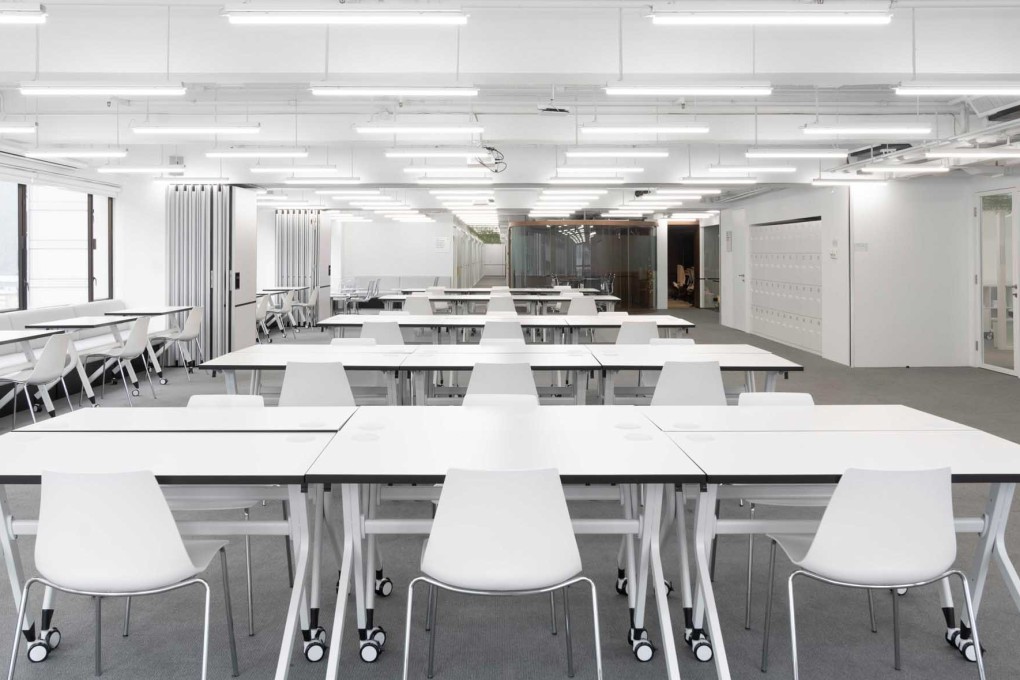Hong Kong’s theDesk to open Shanghai project as China’s shared workspace providers shut up shop, scale back
- Boss of shared office-space operator is confident theDesk will thrive in challenging mainland Chinese market
- Dozens of co-working firms in China have gone bust while many spaces stand half-empty as economy stalls

Mainland China’s shared office-space market has had a torrid time, with dozens of providers going bust last year and a vast number of co-working projects now standing half empty.
That has not stopped theDesk, an operator based in Hong Kong, from pushing ahead with plans to enter the fraught mainland market by opening a new project in Shanghai soon.
Chief executive officer Thomas Hui said he was not put off by the intensely competitive environment, which has been hit by a slowdown in the economy.
“I’m very positive about the development of the economy in China. Although there are lots of uncertainties including the trade war, I believe that China is going to open up its markets further, especially the service industry. I think theDesk is well-positioned for this,” Hui said.
The flexible workspace sector in mainland China is a challenging environment right now and, as such, it seems a brave move for anyone to enter this market
Forty companies in the flexible workspace sector vanished in the 10 months from January to October 2018, while about 40 per cent of co-working projects are more than half empty, according to a report by the China Real Estate Chamber of Commerce.